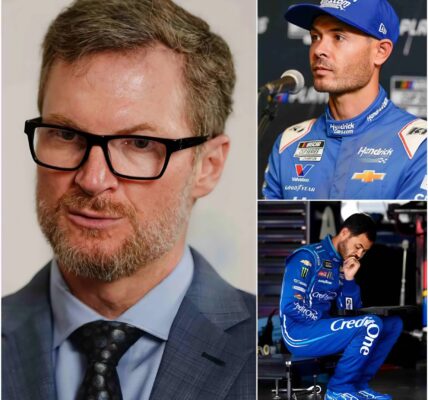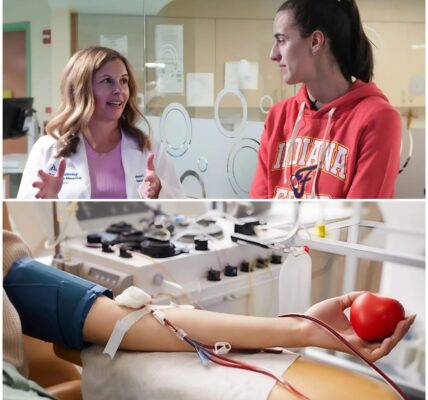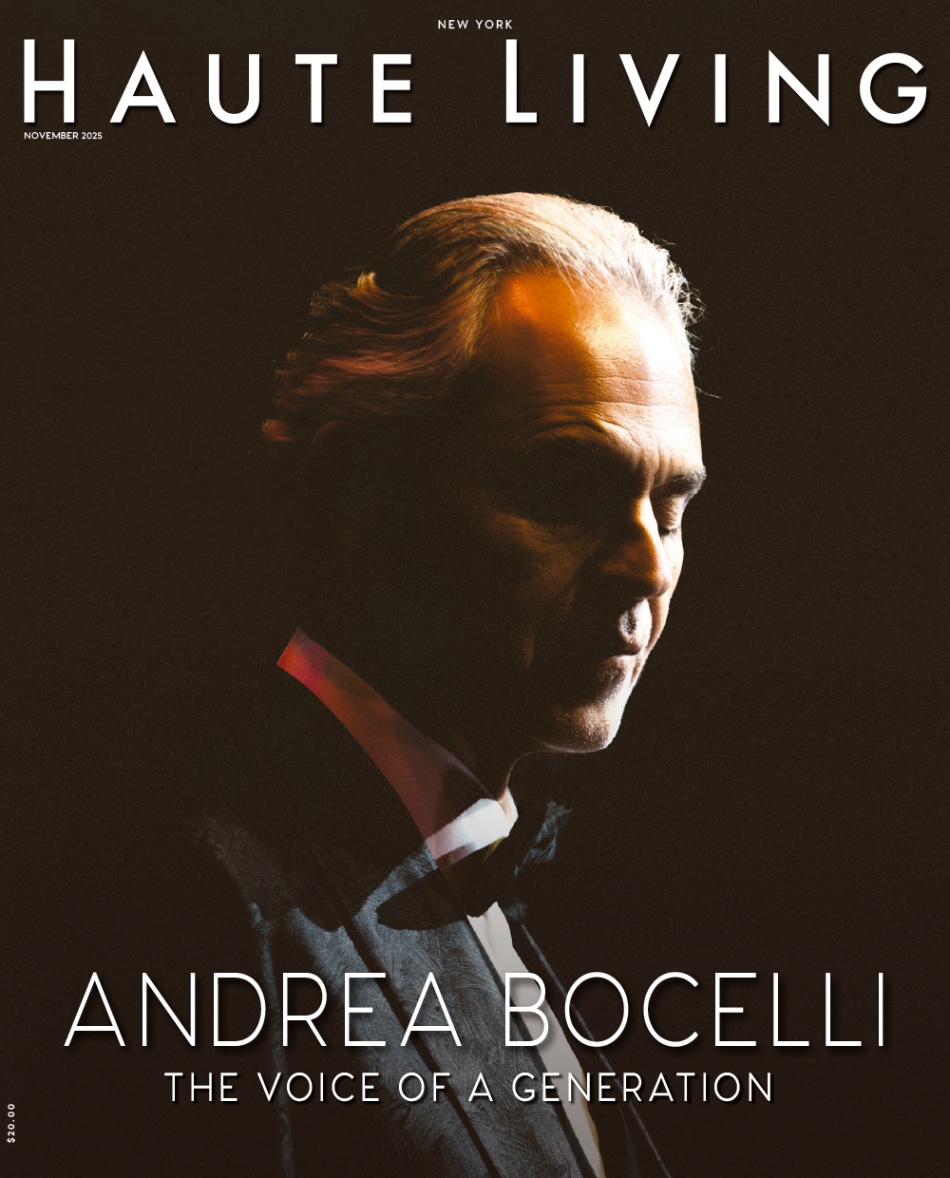 Photo Credit: Luca Rossetti
Photo Credit: Luca Rossetti
Andrea Bocelli has stood on some of the greatest stages in the world, but when he prepares to step into the lights of Madison Square Garden this December, it’s with the same blend of discipline, reverence, and humility that has guided him for more than three decades. He admits he’s still prone to pre-concert jitters—an “emotional person by nature,” he calls himself — but he has learned to transform that nervous energy into fuel. Practice, exercise, and restraint are his rituals; faith and music, his compass.
Performing in New York, he says, is unlike anywhere else—an intoxicating mix of grandeur, cultural diversity, and intimacy. At Madison Square Garden, he feels both at the center of the world and “completely at home,” embraced by an American audience that has followed his career with profound devotion. For Bocelli, each performance is more than a recital—it’s a moment of communion, a chance to give back to the people who have carried his songs across continents.
Now, as he celebrates the 30th anniversary of Romanza — the best-selling album of all time by an Italian artist — the 67-year-old icon reflects on the milestones that shaped him. From the song that launched his global career, “Time to Say Goodbye,” to sacred performances at the Vatican, to philanthropic work through the Andrea Bocelli Foundation, his journey has been guided by a single constant: the pursuit of beauty as a balm for the soul. And as he looks ahead, Bocelli insists the greatest luxury in life is not fame or fortune, but the things money can’t buy — faith, love, serenity, and time.
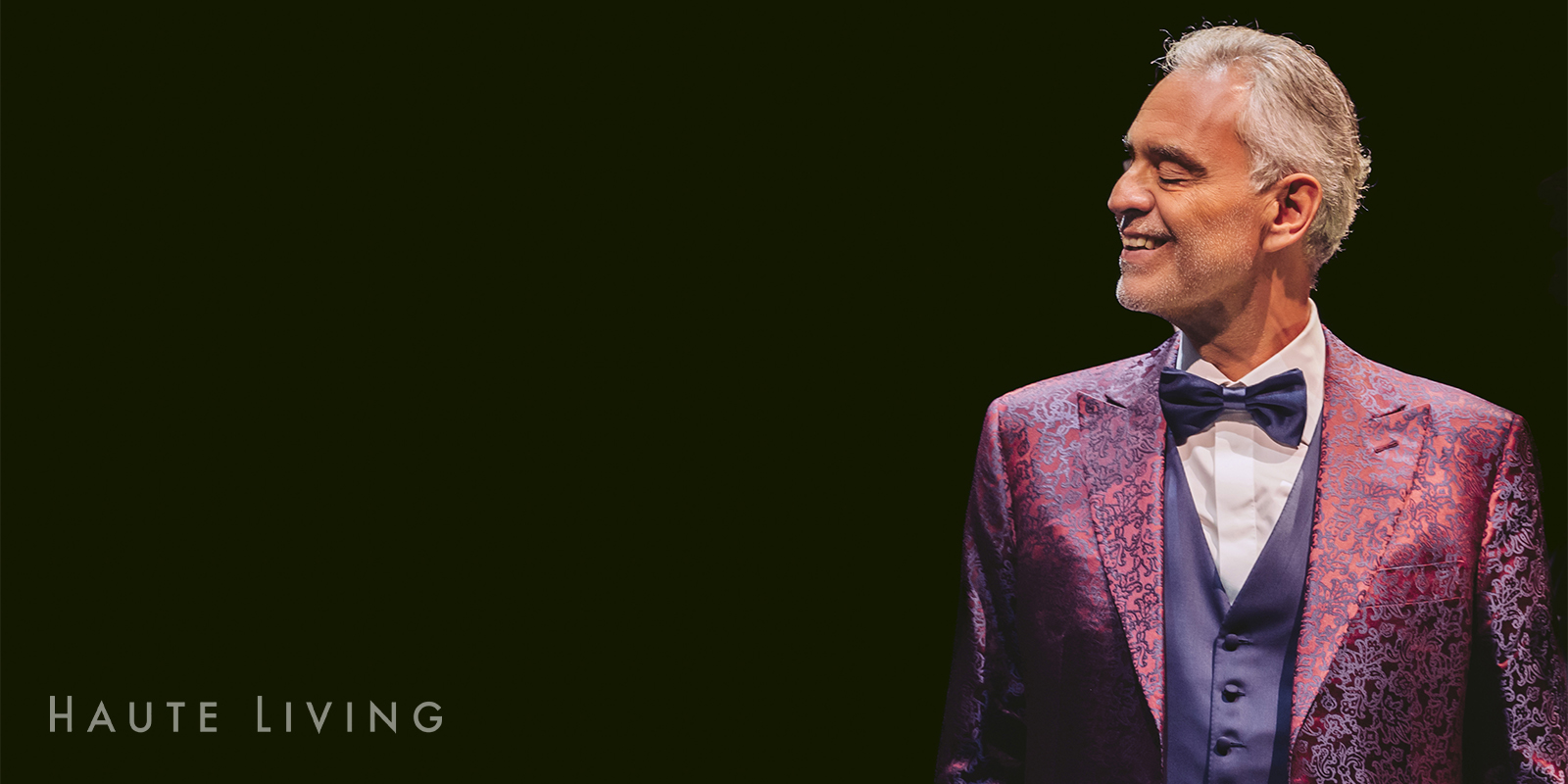 Photo Credit: Luca Rossetti
Photo Credit: Luca Rossetti
You have a busy few months ahead, with concerts in October and December, including two nights at Madison Square Garden. How do you prepare yourself—mentally and physically—for such iconic venues and demanding schedules?
I prepare myself fully aware that I’m an emotional person by nature (therefore not immune to pre-concert jitters), yet equally conscious that fear, especially when left unchecked, is both useless and harmful. Consistent practice remains an essential part of my daily life, much like caring for one’s body, which, in my case, is my musical instrument. I try to keep in shape, practice sports, and avoid anything in excess. I do everything I can to step on stage feeling well-prepared and in peak physical form. I always want to live up to the trust that the audience places in me and meet their expectations, which seem to grow with each passing year. After thirty years of concert performances, I’ve come to realize that nervousness – while it can threaten your energy, can also be transformed – when properly channeled – into a positive charge, into a state of quasi-euphoria (often set off by that very first round of applause).
What makes performing in New York, and especially Madison Square Garden, distinct for you compared to other stages around the world?
It’s the ideal place to share an evening of celebration – to pay tribute to great music (whether pop or classical) – and to experience together the extraordinary, positive energy that arises from it. And every time it’s an immense thrill! This is also a city where I truly feel the deep affection – a hundred percent mutual – that the American audience has for my work and for me personally. Madison Square Garden gives me a priceless sensation, a kind of exhilarating vertigo: the feeling of being at the very center of the world, yet at the same time feeling completely “at home” surrounded by friends. As I’ve said on other occasions, MSG is, to me, synonymous with New York itself – with its grandeur, and its remarkable ability to warmly envelop many different cultures, many different forms of entertainment.
After three decades of touring, what still excites you about stepping onto the stage each night?
The fact that I have such a large audience that follows me with affection in every corner of the world is the main reason why I still have the energy, at my age, to continue to take the stage again and again, each time with the same enthusiasm. I find it both beautiful and essential to maintain a direct connection with those who so kindly appreciate the fruit of my work. The best way I know to thank them is to do so in person with a live performance. It’s only there on stage that I can truly feel the invigorating sensation of embracing them all, one by one, at least in spirit!
The Celebration: 30th Anniversary Deluxe Edition is an extraordinary retrospective. When you look back over 30 years of music, what moments or songs feel most defining to you?
Just as a house is built brick by brick, with each one playing its part, I believe the same holds true for an artistic career. To interpret a song and give it meaning, I need to first fall in love with it myself. Only when I’m moved by it can I be credible and, in turn, move the audience. In that sense, every song in my repertoire holds a special meaning for me. That said, there are certain pieces that I have sung that have become, in their own way, “classics.” Above all, I would mention “Time to Say Goodbye,” the song that marked the launch of my international career and one that I never tire of performing. Even today, it remains the pop song that represents me most around the world.
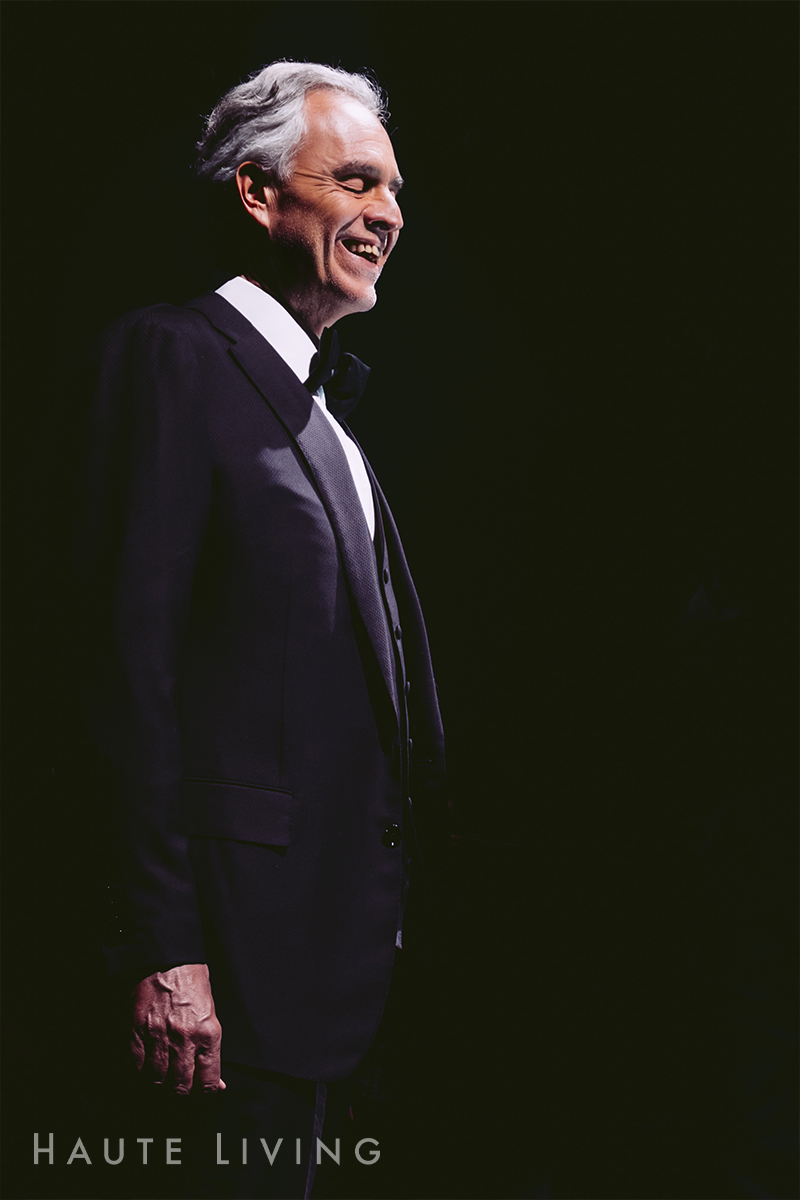 Photo Credit: Luca Rossetti
Photo Credit: Luca Rossetti
How does revisiting these recordings now—through the lens of three decades—change the way you experience them?
We’re speaking of a repertoire that ideally spans my entire career and is the sum of my musical journey. I don’t perceive any real difference between today and the mid-1990s, in the sense that the values guiding my work have remained the same. One constant, for example, is the desire to pursue beauty through music. My taste hasn’t changed. I’ve never yielded to the temptation of trends, nor have I ever sought to win over the audience by imposing my artistic convictions on them. Over these thirty years, I’ve always maintained a relationship of great frankness and intellectual honesty with my listeners. And the facts show that this, in itself, has been a winning formula.
Romanza is one of the most beloved albums of all time. When you first recorded it, did you ever imagine it would still be celebrated 30 years later?
I could never have imagined it: not just the success of the album, but the entire career that followed. Everything went far beyond my wildest dreams. “Romanza” was the springboard that launched me onto the international stage. It remains the best-selling album of all time by an Italian artist. For me, however, “Romanza” is also – and above all – the compendium of my personal and artistic life. It’s a piece of my heart that, through the miracle of music, I was able to share with the world. Looking back at the songs that make up the album is still an emotional experience, precisely because they seem untouched by time. In those melodies I can glimpse – with both excitement and tenderness – a clear reflection of who I was, and at the same time, of who I am now. They tell the story of the adventure I was living then, and the season of life I am living now.
Without giving too much away, what do you envision for the special tour dates around the Romanza anniversary? How do you hope to honor that legacy?
Together with my team, we are preparing something truly worthy of the album that has become the soundtrack to so many people’s lives around the world. We will be honoring “Romanza” during our annual summer concert in the Tuscan town in which I was born and raised, at the “Teatro del Silenzio” in Lajatico. We will also be bringing the magic of those beloved melodies to international stages throughout the year, enriched with new musical content and many surprises.
Was “Grace for the World” the most impactful show you’ve ever performed? Why or why not?
It was truly a marvelous show – an important and joyous moment of prayer and music celebrating brotherhood (that is, the deepest vocation of the human spirit). “Grace for the World” reaffirmed the power of music – not merely as a form of entertainment but as a bridge capable of connecting cultures, people, and hearts. It was a great joy for me to lend my voice to this event, with the conviction that it truly inspired the sense of brotherhood and humanity that our world so urgently needs – a brotherhood, understood not as an unreachable ideal, but as a tangible and necessary path we can all choose to follow.
What went through your head – and what/how did you feel – by performing at such a sacred and historic space like The Vatican?
I have had the honor of singing several times at the Vatican, in the presence of the last four popes who have followed one another as successors of Saint Peter. Personally, when performing a sacred song (or a piece that is spiritually elevated), I always experience it as a form of prayer. In those moments, music becomes the voice of the spirit, illuminating our minds (and the answers that we already hold in our hearts). On this occasion, it was doubly thrilling as an artist – to share the bit of talent I’ve been given in service of the common good – and above all, to simply be a person among people, cherishing so many radiant testimonies of hope and brotherhood.
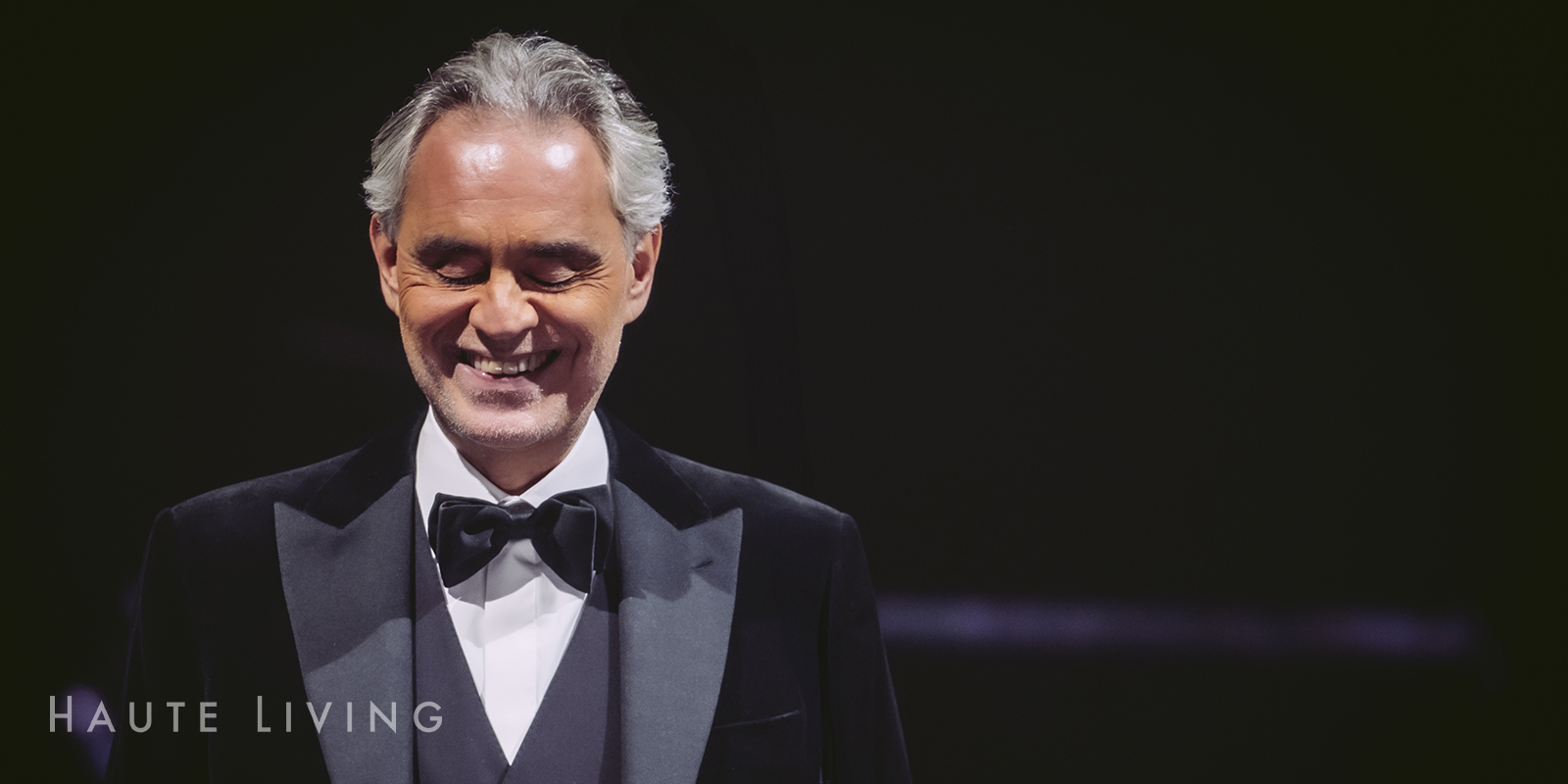 Photo Credit: Luca Rossetti
Photo Credit: Luca Rossetti
How do you see music’s role in healing, unity, and spirituality in a moment like this?
All forms of art can help us, precisely because they are gifts from the heavens – expressions that strive to lift the spirit and spread goodness. Music, in particular, is a faithful companion along life’s journey: a universal language and a powerful instrument. I believe it can teach us to recognize beauty and help us transcend hardship, opening our hearts and minds. I like to call it “a balm for the soul.” Good music is inseparable from goodness and carries a profound message of brotherhood. It is capable of awakening our conscience and nurturing our spiritual growth, making us, ultimately, better human beings.
The Andrea Bocelli Foundation has touched countless lives. What impact from the Foundation’s work has moved you the most personally?
I hold dear each of the more than fifty projects the Foundation is carrying out around the world. With our mission, we have chosen education as the true key to empowerment – a means to offer individuals and communities the opportunity to realize their fullest potential. In essence, our work seeks to ensure that everyone can access opportunities for growth and the development of their talents. Art and beauty are human rights. The chance to study, experience, and practice beauty is profoundly meaningful, especially for younger generations – for today’s children who will be the citizens of tomorrow. Today, ABF operates in fourteen offices worldwide, reaching more than 3.6 million people across the world. This figure testifies to our belief in social innovation and emancipation through education, aimed at creating opportunities, upholding human dignity, and fostering the full expression of individual potential.
How do you balance being a world-renowned artist with being a philanthropist and global ambassador for compassion?
Doing good for others, I believe, is a natural impulse. Being a philanthropist, caring for people (and trying to make a difference in their lives) doesn’t mean being generous, and it’s not simply a moral obligation. It’s really an act of intelligence – a conscious choice, a path that each of us, in our own way and with the means we have, should see as the only possible way forward. As I often say, solidarity is substantially the joy of sharing. Deep down, every woman and man knows that their home and family are their whole world. And if that’s true, then children, all of them, are also our children. You don’t have to be an altruist to help them – all you need is to understand that their future concerns and involves us. If we could truly come to that kind of inner revolution, I think we’d find the key to the world’s problems. Perhaps it is still utopian to imagine a collective awareness of the value of doing good, but I firmly believe that, in practical terms, solidarity remains one of the most effective responses to inequality.
How has your own relationship with music evolved over 30 years—has it deepened, changed, or surprised you in any way?
Music – whether classical or operatic, in particular– continues to be my “secret medicine,” my way of bringing lightness to life. The desire to keep evolving, I believe, is a constant for me, both as a person and as an artist. Like anyone else, I’m always working to fine-tune my vocal abilities and expand my repertoire. The more I study the scores of composers like Puccini, Verdi, Mascagni, Giordano – as well as Bizet, Massenet, and Gounod – the more I’m amazed by their genius, their depth, by their mastery. I can say that not a day goes by without my being struck by the beauty of a phrase or of a musical passage whose perfection I hadn’t noticed before. And there’s never been a concert during which I haven’t felt the strong desire to give a bit of serenity and optimism to those who wish to listen to my voice. 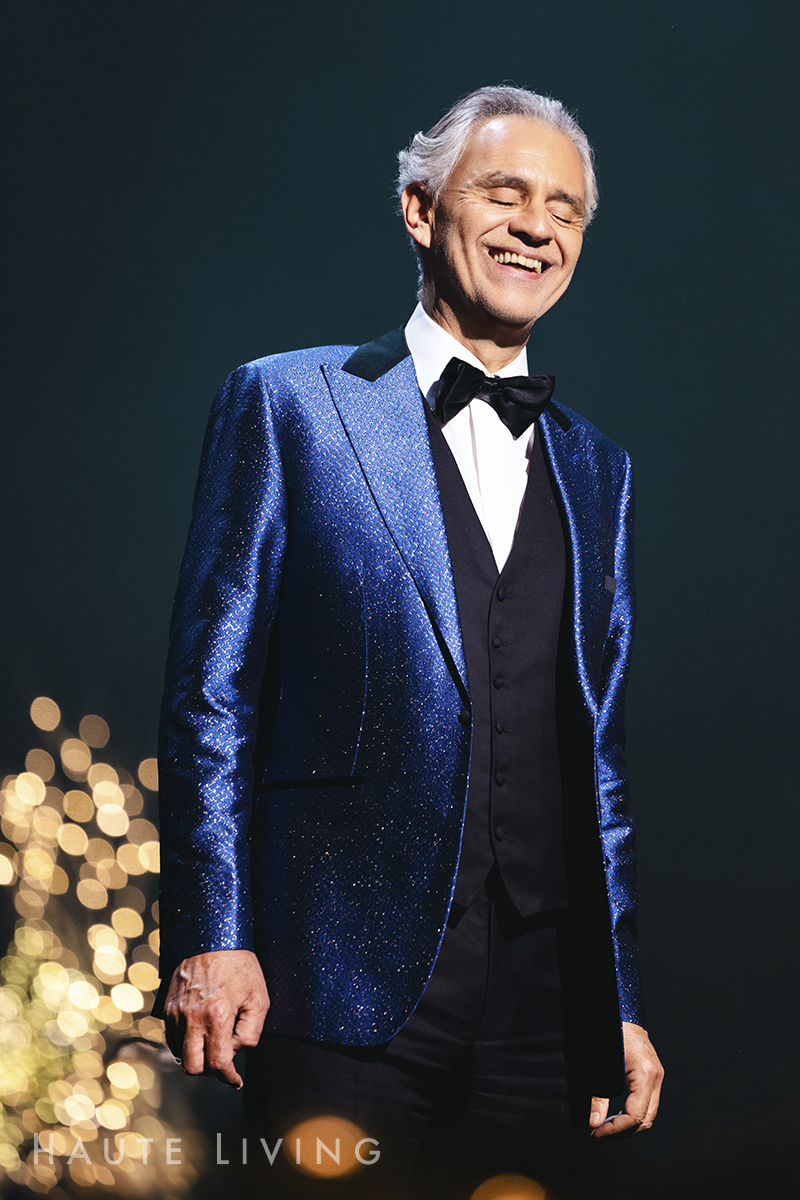 Photo Credit: Luca Rossetti
Photo Credit: Luca Rossetti
Speaking of long-term relationships, you have been working with Stefano Ricci for many years. The brand is synonymous with elegance and timeless Italian style. How does wearing or working with the brand reflect your own philosophy of beauty and refinement?
Stefano Ricci is a refined designer and a dear friend and fellow countryman, and someone with an enormous heart. My wife and I also share a wonderful friendship with his big, beautiful family. Over the years, we’ve joined forces on several important philanthropic initiatives, owing to their sensitivity and genuine will to do good. I consider it a privilege to be able to work with such a creative talent, who is also in love with quality and beauty, just as I am.
Music and fashion both have the power to express culture and identity. In what ways do you feel aligned with Stefano Ricci’s vision of Italian heritage and craftsmanship?
As with music, fashion – when seen as a harmonious interpretation of the human form – can also be an artistic expression and a celebration of beauty. Through my friendship and collaboration with the Ricci family, I was able to learn firsthand just how much creativity, passion and artistry go into this world. In Stefano Ricci’s case, these qualities truly express the essence of the most noble, genuine, and refined Italian craftsmanship.
If you could give advice to the younger Andrea Bocelli, just starting out before Romanza, what would you tell him?
In my youth I made a few mistakes, but I always had quite clear ideas, thanks to the values instilled in me by my family. I might not say anything to the young Bocelli, perhaps so as not to spoil the surprise! Or maybe I’d just tell him to accept life’s gifts as they come, without overthinking them. Because nothing happens by chance, and we should trust, with conviction, in the divine design that guides each of our lives.
Looking ahead, what do you hope your legacy will be—through both your music and your foundation’s work?
We are all but travelers passing through this planet. Our lives are brief segments of time – even a century, when measured against eternity, is scarcely a moment. Assuming that in the decades to come anyone would take interest in my life, I would hope to be remembered as a man of integrity – someone who loved his work and approached it with seriousness and intellectual honesty. A man who helped rekindle the public’s love for opera, a genre that may have, at times, lost sight of its original vocation. As for my work with ABF, I believe that, little by little, the world is becoming a better place. I hope that the Andrea Bocelli Foundation will be remembered as an entity that played its small part in this direction, by doing good.
What to you is the greatest luxury in life and why?
True luxury lies in the things money can’t buy – so it’s faith, love, serenity, and time. Time to reflect, to pray, to discover, to be passionate about life. Time to enjoy nature and the company of our fellow travelers on this earth.
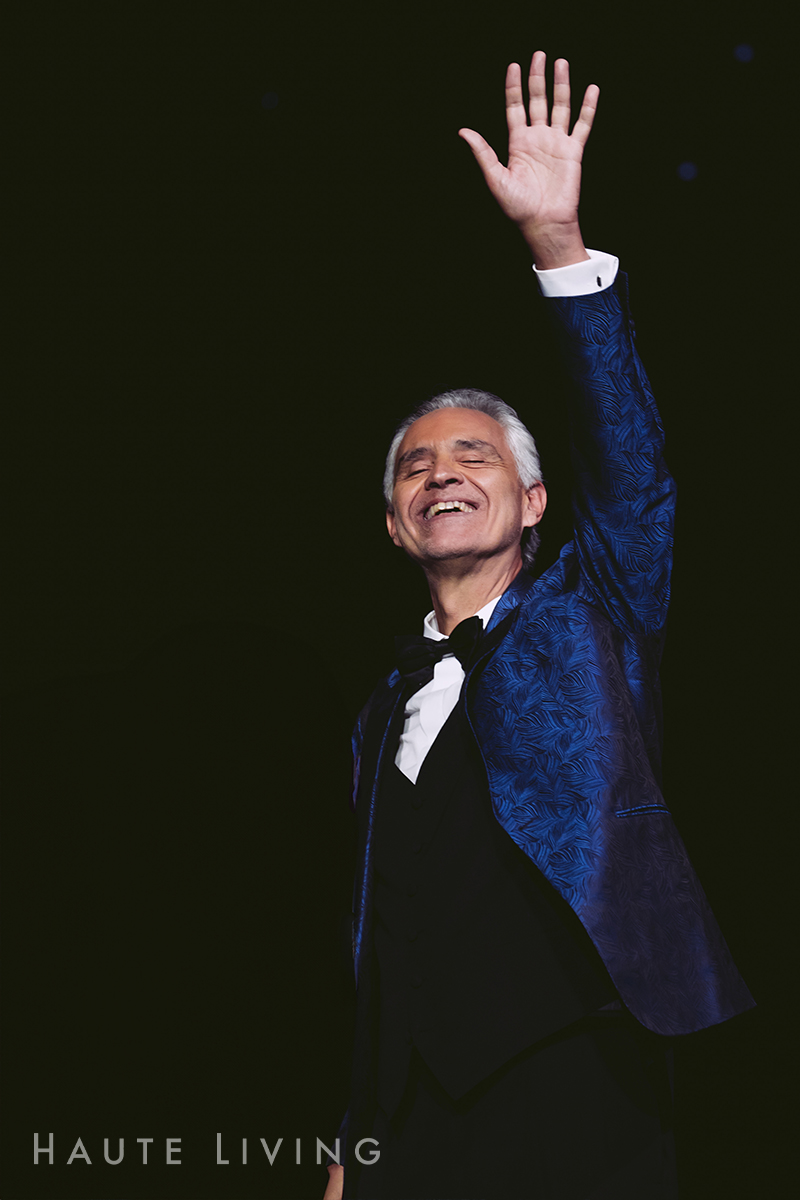 Photo Credit: Luca Rossetti
Photo Credit: Luca Rossetti

